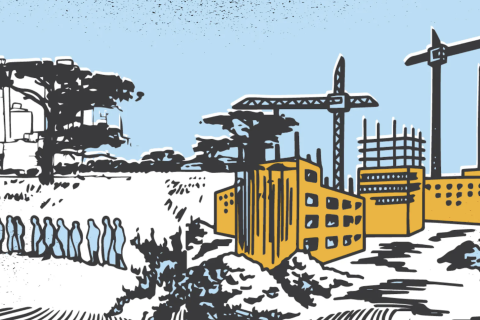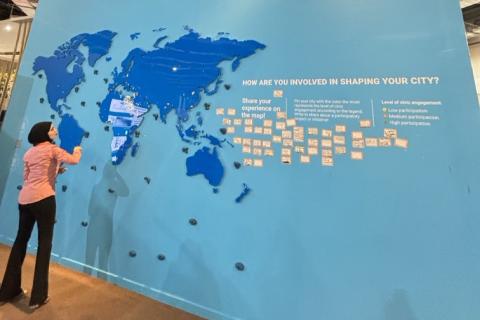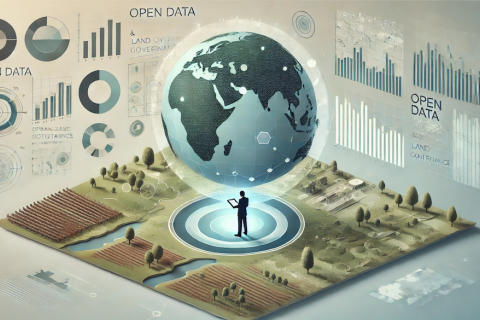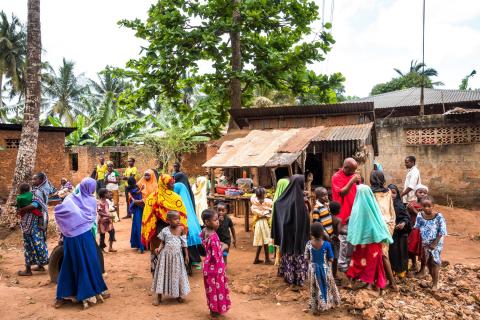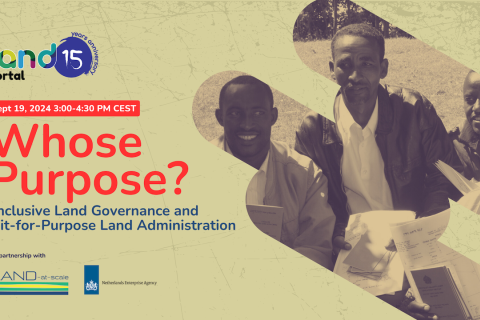From Data to Action: How Transparency Can Power a Just Energy Transition
How to ensure transparency in land governance to counter grand corruption: A practical guide
This blog post from Transparency International and the Land Portal is a small preview of the discussion we're co-organizing at the World Bank Land Conference next month. The focus is on moving from awareness to action with strategies to secure land tenure and access, while scaling up initiatives, investments, and policy reforms for climate change mitigation and adaptation - including tools to monitor transparency and corruption.
Land solutions for investments, resilience and innovation – Understanding how Land Governance contributes to Sustainable Development
Equitable Digital Development: A Call To Action for Development Partners on Open Data Day
Development organizations that, in principle, support open data should focus more on releasing project-generated data for others to analyze and re-use. Producing written reports in the middle or end of project cycles is good practice, but not enough to maximize the knowledge captured from projects or for independent audits by third parties. This applies particularly to projects with land governance objectives, as governments – the usual custodians of land-related data – are only minimally opening these datasets up to the public.
Exploring Sustainable Financing of Land Registration and Land Governance: Insights from Global Experiences
Championing Open Data for Land Governance
As we reflect on our work at the Land Portal Foundation, we are continually inspired by the transformative power of open data, especially in the land sector. Our newly launched Open Data Champions Initiative celebrates the small but impactful contributions of open data champions worldwide, particularly those in the Global South, who are driving change at the country level and beyond. TheState of Land Information (SOLI) Program underscores our commitment to benchmarking and making land data more accessible and impactful.
Diversity, equity and inclusion, feminist leadership, the Land Portal, and me
I recently had the opportunity to take part in two trainings to help me develop my leadership skills. It was time very well spent.
Tenure insecurity on the rise: 1.1 billion people at risk, Prindex report warns
At the Rome launch of the Global Comparative Report on Security of Property Rights for Land and Housing in 2024 presented by Prindex initiative on October 22, alarming new data revealed that 1.1 billion people worldwide feel insecure about their property rights, reflecting an escalating global crisis in housing and land tenure. The findings, derived from Prindex data, present a worrying increase from 19% of the adult population in the surveyed 108 countries in 2020 to 23% in 2024—meaning almost one in four adults now fear losing their homes or land.



